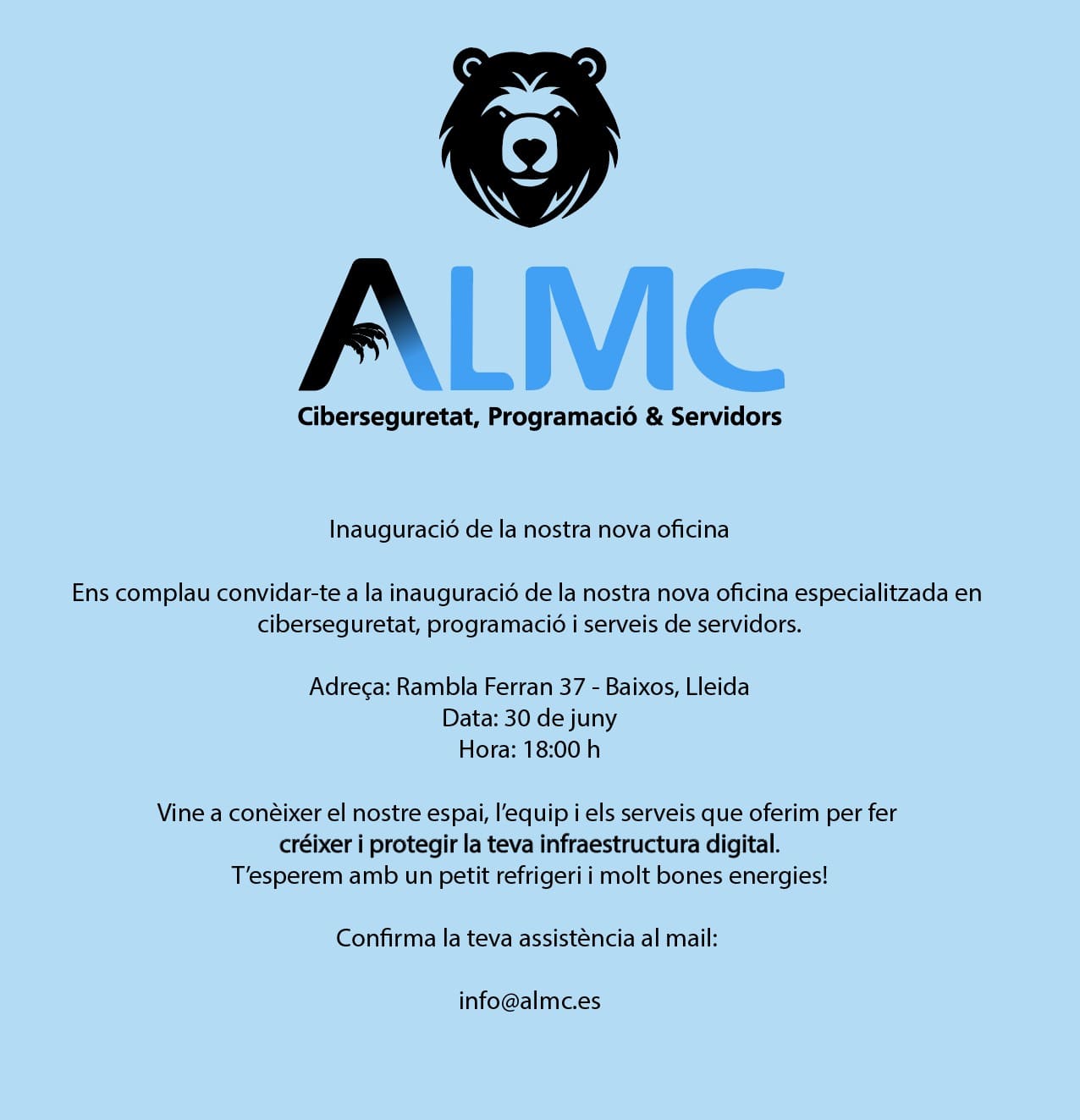Muster: Universal Control Plane for AI Agents
In German, Muster means "pattern" or "sample." This project provides the building blocks for AI agents to discover patterns and collect samples from any digital environment. It gives them a universal protocol to interact with the world.
Muster is a universal control plane built on the Model Context Protocol (MCP) that solves the MCP server management problem for platform engineers and AI agents.
The Platform Engineer's Dilemma
As a platform engineer, you interact with countless services: Kubernetes, Prometheus, Grafana, Flux, ArgoCD, cloud providers, and custom tooling. While tools like Terraform and Kubernetes operators provide unified orchestration interfaces, debugging and monitoring still requires jumping between different tools and contexts.
The MCP Revolution: LLM agents (in VSCode, Cursor, etc.) + MCP servers should solve this by giving agents direct access to your tools. There are already many excellent MCP servers available (Kubernetes, Prometheus, Grafana, Flux, etc.).
But there's a problem:
- Adding all MCP servers to your agent pollutes the context and increases costs
- Turning servers on/off manually is tedious and error-prone
- Tool discovery becomes overwhelming as your toolkit grows
- No coordination between different MCP servers and their prerequisites
The Solution: Intelligent MCP Aggregation
Muster solves this by creating a meta-MCP server that manages all your MCP servers and provides your agent with intelligent tool discovery capabilities.
How It Works
muster servestarts the control plane that manages your MCP server processes- Configure
muster agentas an MCP server in your IDE - Your agent gets meta-tools like
list_tools,filter_tools,call_tool - Agent discovers and uses tools dynamically based on the current task
graph TD
subgraph "Your IDE (VSCode/Cursor)"
Agent["🤖 AI Agent"]
IDE["IDE MCP Config"]
end
subgraph "Muster Control Plane"
MusterAgent["🎯 muster agent<br/>(Meta-MCP Server)"]
MusterServe["⚙️ muster serve<br/>(Process Manager)"]
subgraph "Managed MCP Servers"
K8s["🔷 Kubernetes<br/>(kubectl, helm)"]
Prom["📊 Prometheus<br/>(metrics, alerts)"]
Grafana["📈 Grafana<br/>(dashboards)"]
Flux["🔄 Flux<br/>(GitOps)"]
end
end
Agent <-->|"MCP Protocol"| MusterAgent
MusterAgent <--> MusterServe
MusterServe <--> K8s
MusterServe <--> Prom
MusterServe <--> Grafana
MusterServe <--> Flux
Core Capabilities
🧠 Intelligent Tool Discovery
Your agent can now:
# Discover available tools dynamically
agent: "What Kubernetes tools are available?"
→ filter_tools(pattern="kubernetes")
# Find the right tool for the task
agent: "I need to check pod logs"
→ filter_tools(description="logs")
# Execute tools on-demand
agent: "Show me failing pods in default namespace"
→ call_tool(name="x_kubernetes_get_pods", args={"namespace": "default", "status": "failed"})
🚀 Dynamic MCP Server Management
- Lifecycle Control: Start, stop, restart MCP servers on demand
- Health Monitoring: Automatic health checks and recovery
- Configuration Management: Hot-reload server configurations
- Two Deployment Modes: Local processes (
localCommand) or containerized (container) (coming soon!)
🛡️ Smart Access Control
- Tool Filtering: Block destructive tools by default (override with
--yolo) - Project-Based Control: Different tool sets for different projects
- Context Optimization: Only load tools when needed
🏗️ Advanced Orchestration
Workflows: Deterministic Task Automation
Once your agent discovers how to complete a task, persist it as a workflow:
name: debug-failing-pods
steps:
- id: find-pods
tool: x_kubernetes_get_pods
args:
namespace: "{{ .namespace }}"
status: "failed"
- id: get-logs
tool: x_kubernetes_get_logs
args:
pod: "{{ steps.find-pods.podName }}"
lines: 100
Benefits:
- Reduce AI costs (deterministic execution)
- Faster results (no re-discovery)
- Consistent debugging across team members
ServiceClasses: Handle Prerequisites Automatically
Many MCP servers need setup (port-forwarding, authentication, etc.). ServiceClasses define these prerequisites:
name: prometheus-access
startTool: x_kubernetes_port_forward
args:
service: "prometheus-server"
namespace: "monitoring"
localPort: 9090
healthCheck:
url: "http://localhost:9090/api/v1/status"
Complete Integration Example:
- ServiceClass creates port-forwarding to Prometheus
- MCP Server configuration uses the forwarded port
- Workflow orchestrates: setup → query → cleanup
- Agent executes everything seamlessly
Quick Start
1. Install Muster
git clone https://github.com/giantswarm/muster.git
cd muster && go build .
2. Configure MCP Servers
Create kubernetes-server.yaml:
apiVersion: muster.io/v1
kind: MCPServer
name: kubernetes
spec:
type: localCommand
command: ["mcp-kubernetes"]
autoStart: true
Register it:
./muster create mcpserver kubernetes.yaml
3. Connect Your AI Agent
Configure your IDE to use Muster's agent as an MCP server:
Cursor/VSCode settings.json:
{
"mcpServers": {
"muster": {
"command": "muster",
"args": ["standalone"]
}
}
}
4. Let Your Agent Discover Tools
Your agent now has meta-capabilities:
list_tools: Show all available toolsfilter_tools: Find tools by name/descriptiondescribe_tool: Get detailed tool informationcall_tool: Execute any tool dynamically
Advanced Platform Engineering Scenarios
Scenario 1: Multi-Cluster Debugging
ServiceClass for cluster access
name: cluster-login
version: "1.0.0"
serviceConfig:
serviceType: "auth"
args:
cluster:
type: "string"
required: true
lifecycleTools:
start: { tool: "x_teleport_kube_login" }
Workflow to compare pods on two clusters
# Workflow for cross-cluster investigation
name: compare-pod-on-staging-prod
input_schema:
type: "object"
properties:
namespace: { type: "string" }
pod: { type: "string" }
required: ["namespace", "pod"]
steps:
- id: staging-context
tool: core_service_create
args:
serviceClassName: "cluster-login"
name: "staging-context"
params:
cluster: "staging"
- id: prod-context
tool: core_service_create
args:
serviceClassName: "cluster-login"
name: "staging-context"
params:
cluster: "production"
- id: wait-for-step
- id: compare-resources
tool: workflow_compare_pods_on_clusters
args:
Scenario 2: Full Observability Stack
# Prometheus access with port-forwarding
name: prometheus-tunnel
startTool: k8s_port_forward
args:
service: "prometheus-server"
localPort: 9090
---
# Grafana dashboard access
name: grafana-tunnel
startTool: k8s_port_forward
args:
service: "grafana"
localPort: 3000
---
# Complete monitoring workflow
name: investigation-setup
steps:
- id: setup-prometheus
serviceClass: prometheus-tunnel
- id: setup-grafana
serviceClass: grafana-tunnel
- id: configure-prometheus-mcp
tool: core_mcpserver_create
args:
name: "prometheus"
type: "localCommand"
command: ["mcp-server-prometheus"]
env:
PROMETHEUS_URL: "http://localhost:9090"
Benefits for Platform Teams
Cost Optimization
- Reduced AI token usage: Tools loaded only when needed
- Deterministic workflows: No re-discovery costs
- Efficient context: Smart tool filtering
Team Collaboration
- GitOps workflows: Share debugging patterns via Git
- Consistent tooling: Same tool access across team members
- Knowledge preservation: Workflows capture tribal knowledge
Operational Excellence
- Faster incident response: Pre-built investigation workflows
- Reduced context switching: All tools through one interface
- Automated prerequisites: ServiceClasses handle setup complexity
Documentation
- Architecture Guide: Deep dive into Muster's design
- MCP Server Integration: Adding your tools
- Workflow Orchestration: Building deterministic processes
- ServiceClass Guide: Managing prerequisites and dependencies
- AI Agent Integration: IDE setup and best practices
Community & Support
- Contributing Guide: How to contribute to Muster
- Issue Tracker: Bug reports and feature requests
- Discussions: Community Q&A and use cases
Muster is a Giant Swarm project, built to empower platform engineers and AI agents with intelligent infrastructure control.




